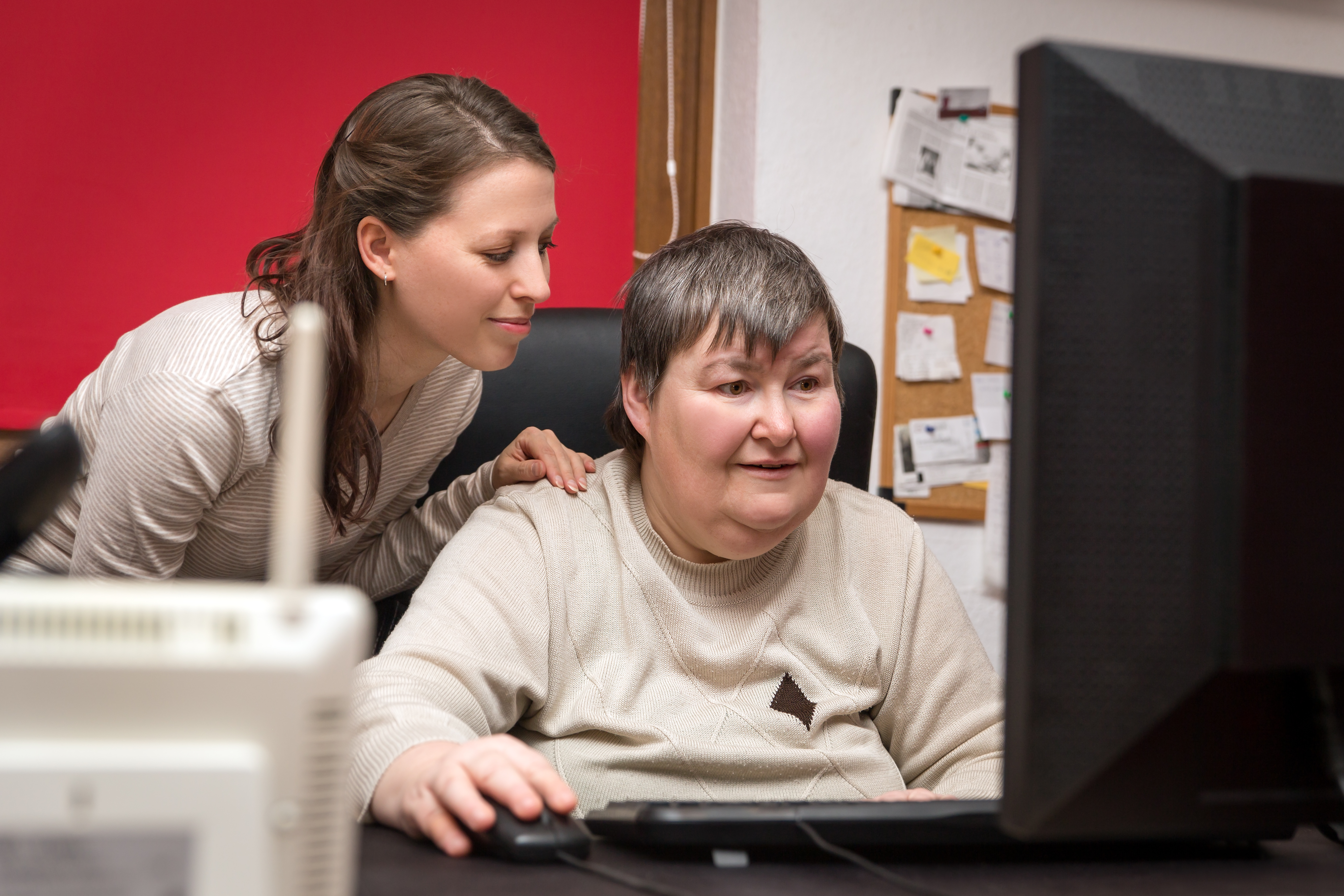Learning Disability and Autism Services

We provide a range of specialist services for both adults and children with autism and or learning disabilities or both. We work closely with other Trusts, Local Authorities and voluntary sector organisations.
What is a learning disability?
A learning disability is:
- Finding it hard to understand new and difficult information, or finding it difficult to learn and remember new things
- Some people have difficulties coping on their own and finding answers to everyday problems
- These difficulties start when a person is a child and will affect them their whole life
- Sometimes people shorten learning disability to LD, although this is not recommended. We don’t abbreviate learning disability to ‘LD’ as it can make people with a learning disability seem less human – and we don’t want that!
This definition is from Valuing People (Department of Health 2001).
The ‘What is a learning disability’ video below was produced by charity Mencap.
What is autism?
Autism is a lifelong developmental disability that affects how people perceive the world and interact with others.
Autistic people see, hear and feel the world differently to other people. If you are autistic, you are autistic for life; autism is not an illness or disease and cannot be ‘cured’. Often people feel being autistic is a fundamental aspect of their identity.
Autism is a spectrum condition. All autistic people share certain difficulties, but being autistic will affect them in different ways. Some autistic people also have learning disabilities, mental health issues or other conditions, meaning people need different levels of support. All people on the autism spectrum learn and develop. With the right sort of support, all can be helped to live a more fulfilling life of their own choosing.
This definition is from the National Autistic Society website.
The ‘Amazing Things Happen’ video below aims to raise autism awareness by identifying the strengths, as well as the difficulties, associated with autism spectrum disorders while working to challenge stigmas and negative stereotypes. It is intended to be viewed, discussed and shared widely by people wanting to understand autism better.
